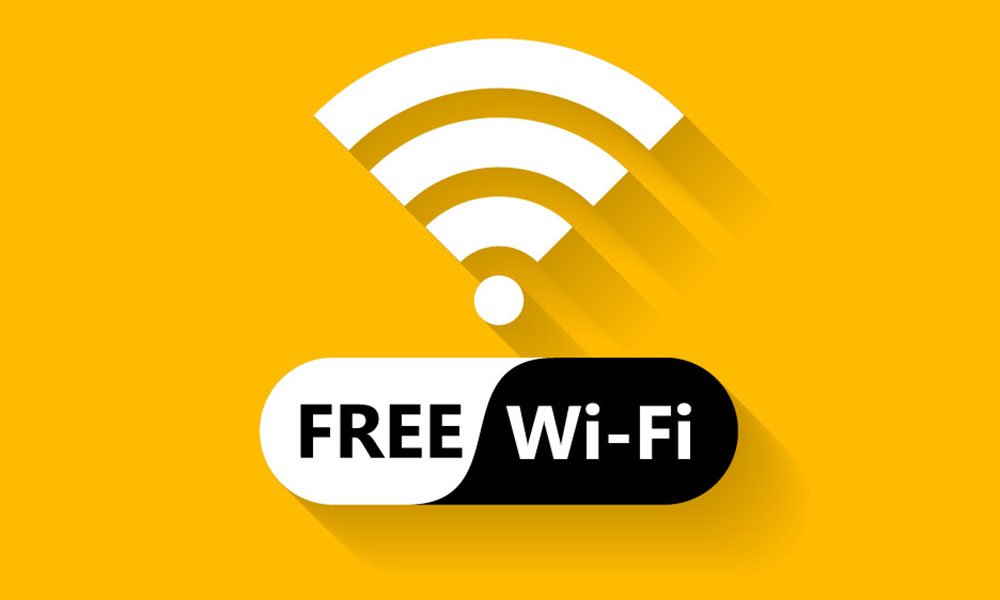27 December 2024, Fri |
7:32 AM

By Nelson Ikechukwu Nworie
Due to the increasing number of people working remotely, the reliance on public WiFi hotspots is only increasing, whether you are traveling for work, conferencing in a meeting space, or sitting at home in your favorite spot, thanks to super-fast internet. However you use public WiFi, it’s essential to understand and follow basic security protocols to keep your personal information safe.
Public WiFi can be a great way to save on your data plan, but it can also be a security risk. It allows you to stay connected and keep up with your work or entertainment and exposes you to cybercrimes simultaneously. Because public WiFi is not as secure as you may be thinking? In fact, it’s a hacker’s paradise. And here are 10 tips to help you stay safe on public WiFi.
Change your passwords regularly – if you’re using the same password for multiple accounts, make sure to change it every time you sign in to a new account. This way, if someone obtains your password, they won’t be able to access your other accounts as well. Use a strong password – make sure your password is at least 8 characters long and contains at least one number and one letter.
There are many benefits to using a VPN when using public WiFi. A VPN will protect your identity and data and help keep you anonymous while online. You can ensure that your online activity is private and secure by using a VPN.
When surfing the internet, be wary of links that seem suspicious. Some common red flags include links that are sent unsolicited, links that are too good to be true or links that ask for personal information. Always be cautious when clicking on links, and if something feels off, don’t hesitate to report it to your internet provider or security software.
It’s always a good idea to use antivirus software when using public WiFi. Many different viruses can be spread through WiFi, so it’s essential to be safe. Make sure to install the latest version of your antivirus software and keep it up to date.
When using public WiFi, it is vital to be aware of the risks of connecting to an unsecured network. One of the most common ways hackers gain access to your personal information is through compromised accounts. If you don’t have to access sensitive accounts, it is best to avoid connecting to public WiFi altogether.
It’s always a good idea to keep your software up-to-date, especially if you’re using public WiFi. Be sure you have the latest version of your software. Many times, updated software can help protect you from potential security threats. Stay alert. Be aware of what’s happening around you, and keep an eye out for suspicious behavior.
When using public WiFi, it is crucial to be aware of what you are downloading and how it could potentially harm your computer. Downloading malicious files or programs can infect your computer with viruses, spyware, and other malicious software that can steal your personal information or damage your computer.
To stay safe on public WiFi, be sure to only download files from reputable sources and make sure that you are using up-to-date security software. Additionally, be sure to keep your computer clean and free of malware by regularly running antivirus scans and cleaning up any infected files.
When using public WiFi, it is vital to be aware of your bandwidth usage. You can ensure that you use the internet responsibly by monitoring your bandwidth.
There are a variety of browser extensions that can help keep you safe when using public WiFi. One example is the HTTPS Everywhere extension, which helps encrypt your traffic when using public WiFi. As the Security and Privacy add-on for Firefox, other extensions offer more general security and privacy enhancements. When using public WiFi, it’s essential to use a secure browser extension, as many malicious actors are looking to steal your personal information or exploit security vulnerabilities.
When using public WiFi, it is crucial to be vigilant and aware of your surroundings because someone may be watching what you do.
In conclusion, hackers can be anywhere with public WiFi, so it’s essential to stay safe when using it.